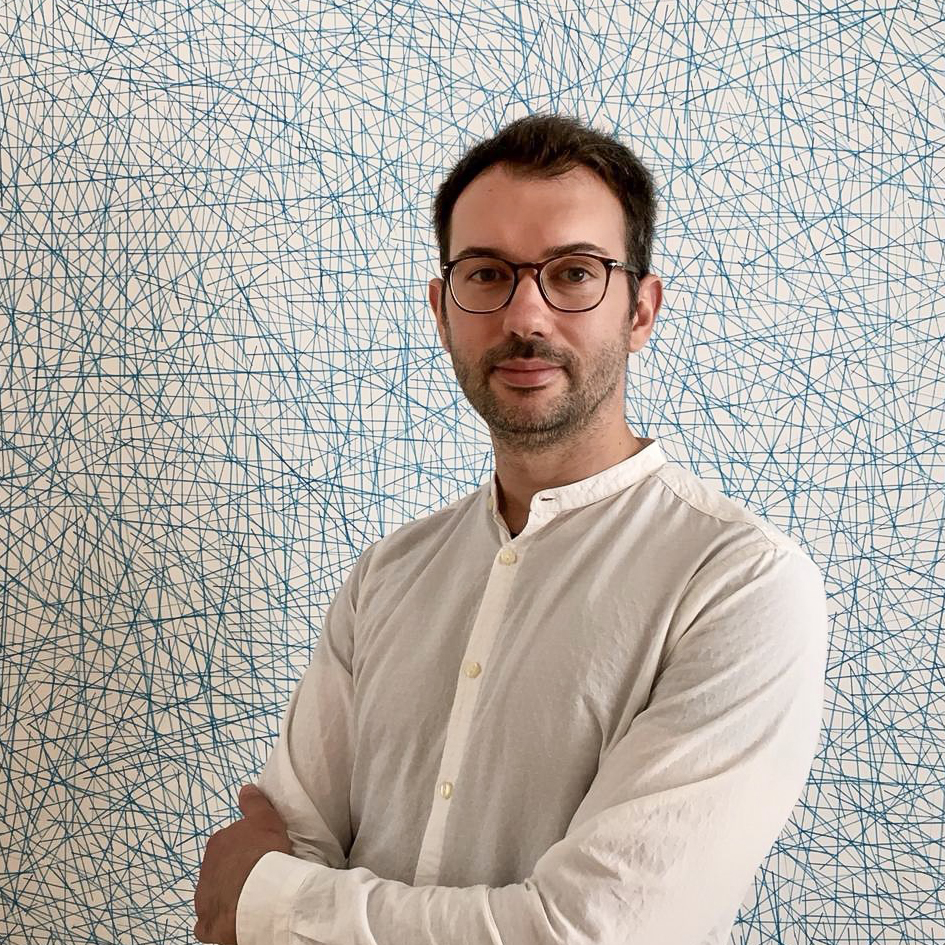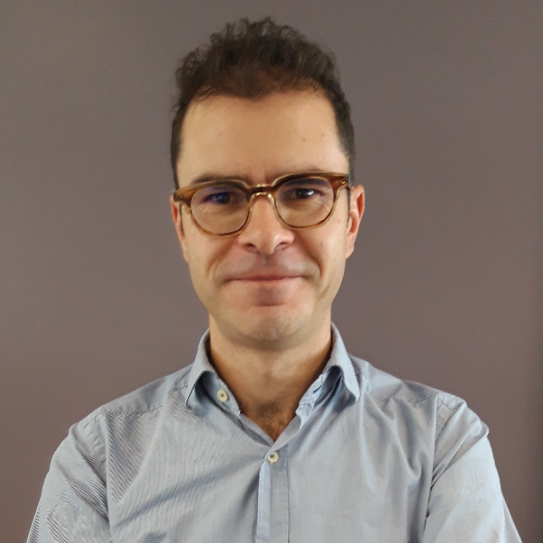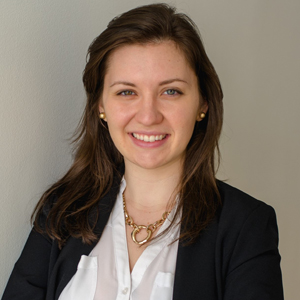Event Summary
Speakers
- Fabio Cian, Earth Observation and Disaster Risk Management specialist at the World Bank
- Alberto Lorenzo Alonso, ESA’s project Earth Observation for Sustainable Development Disaster Risk
- Isabel Margarita D. Cantada, Urban Resilience Analyst for the World Bank’s Global Practice for Urban, Disaster Risk Management, Resilience and Land
- Modérateur: Grace Doherty, Consultant, Open Data for Resilience Initiative, OpenDRI
Description
Jeudi 21 Novembre, 14:00 – 15:30, Salle 6
L’Atelier Planification pour la Résilience en Afrique de l’Ouest et Centrale aide aux responsable locaux à renforcer la résilience des villes et prendre des mesures pour faire face aux risques climatiques. Nous présenterons les résultats d’un examen des conditions et des risques locaux, y compris les inondations, la vulnérabilité du réseau routier et d’autres aspects. L’atelier informe directement les plans stratégiques des villes et aide les décideurs à comprendre les priorités d’investissement en fonction des quartiers urbains, niveaux d’investissement, types de projets et échéanciers. Par ses activités et dialogues, l’atelier propose une perspective spatiale et intersectorielle (plutôt que silée) de l’urbanisation, la résilience urbaine et des risques socioéconomiques.
La session comprendra des présentations sur les techniques d’observation de la Terre pour la surveillance de l’environnement urbain et côtier, telles que l’analyse de la déformation du terrain, le changement de la couverture terrestre et l’érosion côtière, présentées par la Banque mondiale et Indra qui représente le consortium EO4SD DRR de l’Agence spatiale européenne.
Speaker bios
 Fabio Cian is a space engineer specialized in Earth Observation and geospatial analysis. He obtained a PhD in environmental economics investigating the use of remote sensing for flood impact assessment. He is currently an Earth Observation and Disaster Risk Management specialist at the World Bank. In the past 10 years, he has worked at the European Space Agency, the German Aerospace Center, Ca’ Foscari University of Venice and Columbia University. His research and work center on the use of Earth Observation data for socioeconomic studies in the frame of natural disaster management, urban resilience, and climate change.
Fabio Cian is a space engineer specialized in Earth Observation and geospatial analysis. He obtained a PhD in environmental economics investigating the use of remote sensing for flood impact assessment. He is currently an Earth Observation and Disaster Risk Management specialist at the World Bank. In the past 10 years, he has worked at the European Space Agency, the German Aerospace Center, Ca’ Foscari University of Venice and Columbia University. His research and work center on the use of Earth Observation data for socioeconomic studies in the frame of natural disaster management, urban resilience, and climate change.
 Alberto Lorenzo Alonso obtained his PhD in Geography in 2009 with a thesis devoted to Earth Observation and Digital Elevation Models and Orthoimagery applied to cartography. He is a geospatial information scientist with long experience in international and national research projects playing different technical and managerial roles. As a geospatial data scientist, he has more than 10 years of experience in geospatial and earth observation analysis and representation, having worked for the European Commission’s Joint Research Centre and the European Environment Agency. As Disaster Risk Reduction specialist he is leading the ESA’s project Earth Observation for Sustainable Development Disaster Risk and advising the Copernicus Emergency Management Service for four years.
Alberto Lorenzo Alonso obtained his PhD in Geography in 2009 with a thesis devoted to Earth Observation and Digital Elevation Models and Orthoimagery applied to cartography. He is a geospatial information scientist with long experience in international and national research projects playing different technical and managerial roles. As a geospatial data scientist, he has more than 10 years of experience in geospatial and earth observation analysis and representation, having worked for the European Commission’s Joint Research Centre and the European Environment Agency. As Disaster Risk Reduction specialist he is leading the ESA’s project Earth Observation for Sustainable Development Disaster Risk and advising the Copernicus Emergency Management Service for four years.
 Isabel Margarita D. Cantada (“Marga”) is currently an Urban Resilience Analyst for the World Bank’s Global Practice for Urban, Disaster Risk Management, Resilience and Land. She has worked at the Bank for more than three years, covering cities in Sub-Saharan Africa and South Asia. Marga works primarily on municipal finance, local governance and decentralization, urban resilience, climate change, spatial and land use planning, municipal infrastructure and service delivery. She holds a Master in Urban Planning from the Graduate School of Design at Harvard University and a B.A. in Economics from Ateneo de Manila University in the Philippines.
Isabel Margarita D. Cantada (“Marga”) is currently an Urban Resilience Analyst for the World Bank’s Global Practice for Urban, Disaster Risk Management, Resilience and Land. She has worked at the Bank for more than three years, covering cities in Sub-Saharan Africa and South Asia. Marga works primarily on municipal finance, local governance and decentralization, urban resilience, climate change, spatial and land use planning, municipal infrastructure and service delivery. She holds a Master in Urban Planning from the Graduate School of Design at Harvard University and a B.A. in Economics from Ateneo de Manila University in the Philippines.
 Grace Doherty is a specialist in geospatial data for urban resilience at the Global Facility for Disaster Reduction and Recovery (GFDRR) of the World Bank. Grace dedicates her career to making risk data useful, understood, and accessible for decision-makers. Some of her notable projects include urban risk research for more than 20 coastal cities of Sub-Saharan Africa; GIS mobility modeling in Puerto Rico after Hurricane Maria (GWU); and cohort development for the Open Cities Africa program. Grace is a strong advocate for inclusive community engagement in urban planning and data collection. Grace has designed and facilitated workshops on resilience and urban planning for diverse audiences – including government, private sector, and local communities – in MENA, Latin America, and Sub-Saharan Africa regions. She holds a master’s degree in Geography and GIS from the George Washington University in Washington, DC.
Grace Doherty is a specialist in geospatial data for urban resilience at the Global Facility for Disaster Reduction and Recovery (GFDRR) of the World Bank. Grace dedicates her career to making risk data useful, understood, and accessible for decision-makers. Some of her notable projects include urban risk research for more than 20 coastal cities of Sub-Saharan Africa; GIS mobility modeling in Puerto Rico after Hurricane Maria (GWU); and cohort development for the Open Cities Africa program. Grace is a strong advocate for inclusive community engagement in urban planning and data collection. Grace has designed and facilitated workshops on resilience and urban planning for diverse audiences – including government, private sector, and local communities – in MENA, Latin America, and Sub-Saharan Africa regions. She holds a master’s degree in Geography and GIS from the George Washington University in Washington, DC.
